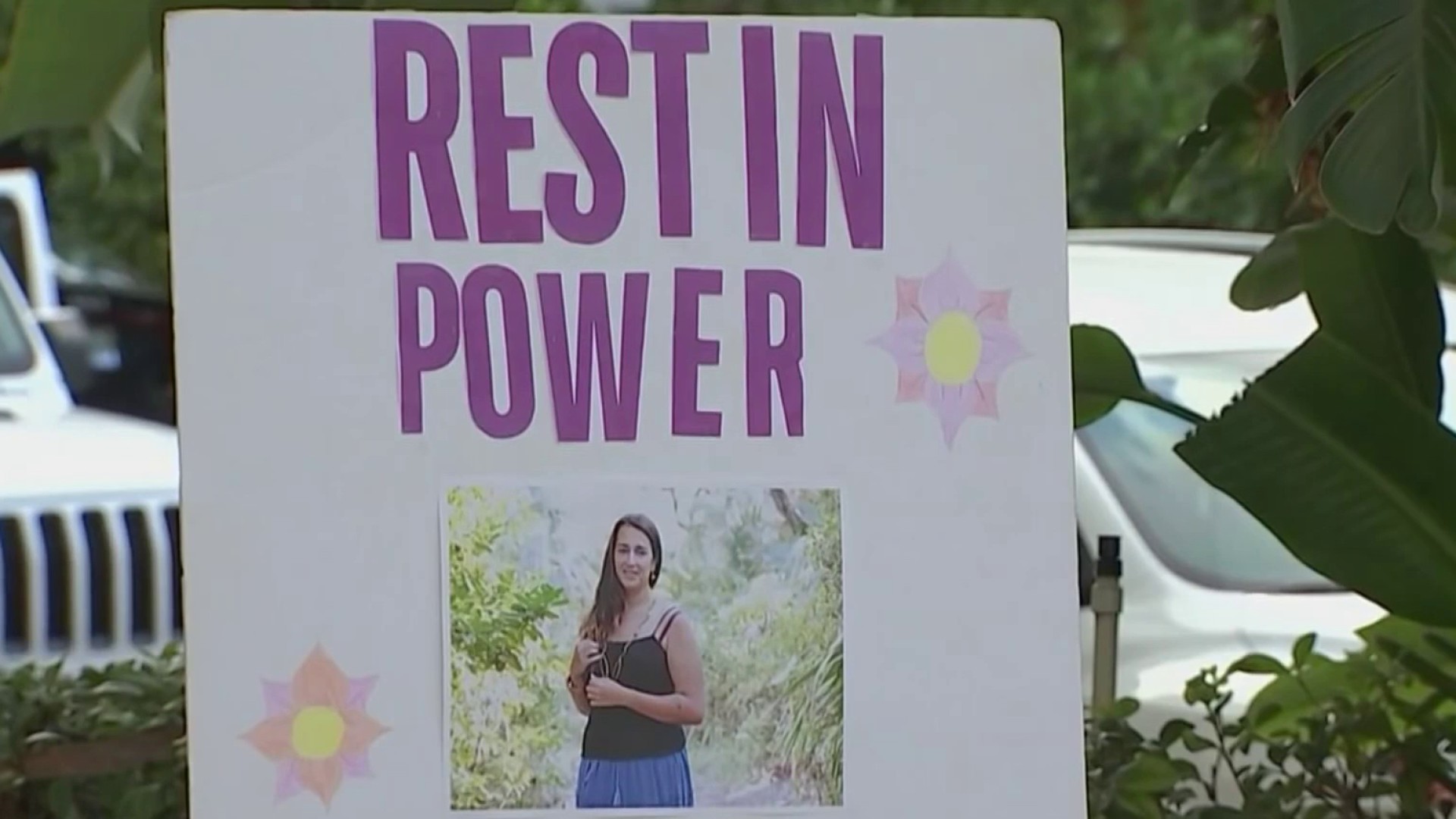The federal government certifies some organic products and makes sure they don’t have things like synthetic substances, artificial preservatives and genetically modified organisms or GMOs. Organic products that are certified by the U.S. Department of Agriculture typically have an USDA logo, which means the product met the department's standards of organic.
In a federal complaint, a Miami Beach company is accused of falsifying documents to make it appear like they had the USDA certification. Truly Organic Inc. says their products were organic luxury products on advertisements posted online, but the Federal Trade Commission says that’s not true.
"When a company advertises a product that's 100% organic, it has to have the evidence to back it up and Truly Organic didn't have it," said Federal Trade Commission attorney Rosario Mendez.
In the complaint, the FTC says they launched an investigation into the company in 2016 and found many of the company’s products "contain ingredients that are not organic."
According to the FTC, the company bought products that were not 100% organic ingredients from online wholesalers and added ingredients to increase visual appeal and would then repack and sell them to consumers saying they were organic.
The complaint also says the company was asked to stop using the USDA organic seal in May 2016 but months later, the FTC says the company "electronically altered an organic certification to claim falsely that Truly Organic had been certified."
The company reached a settlement with the FTC in which it did not admit liability but agreed to pay a $1.76 million penalty.
Local
"They made it seem like they were certified by the U.S. Department of Agriculture, the organic products' program, when in reality they were not certified by such program," Mendez said.
In a statement, the company’s CEO Maxx Appelman told us:
"We have decided to settle the lawsuit in order to focus on our brand, products, customers and to avoid the distraction of prolonged litigation. Since inception, as a very small company started by 'organic/vegan customers' ourselves, yearning for an all around healthy, high performance & affordable product, we have been committed to making products that check all boxes at a fair price. Our goal has always and will always be to create healthy, vegan, clean products that are high performing and offer a luxurious experience. As experts in the field we feel certain certified organic beauty and care products are deceptively marketing themselves as ‘lotions’ or 'cleansers' to name a couple - Just because an item is certified organic doesn't mean it's actually effective, it just means it's ingredients are organic. To us, that doesn't qualify the product in it's entirety, what's the point of buying an organic face wash if it's hardly a face wash, taking grapefruit juice and calling it a cleanser is not the answer to organic beauty in our opinion. We make products that are as organic as possible while being as effective as possible, our thousands of loyal customers appreciate the rarity of not needing to choose between health and performance. Not only that, we have made it a point to profit only enough to keep our brand afloat with our first priority being affordability for our customers - Healthy, high end product should be available to everyone, you should not need to be rich to buy organic or luxury. Sometimes this means using eg. lemon juice rather than organic lemon juice in order to increase efficacy and lower cost for the consumer while still maintaining majority organic content overall and more importantly a high performing product. This is our goal, not to enrich ourselves like most companies. We are confident that our morals will continue to be appreciated and true intentions admired."
Mendez says shoppers should do their research before assuming a product is organic.
"It can be very hard for a consumer to fully prove themselves that a product is organic. That’s why it’s important that the companies that advertise that their products are organic actually tell the truth," Mendez said.
She suggests looking at reviews and confirming that the product has an unaltered USDA logo. Mendez says consumers should complain if they have a concern.
"You can tell the Federal Trade Commission if you think you’ve been deceived by an advertiser," Mendez said.
NBC 6 Responds went to one of the popular stores that sold the company’s products and they told us that they removed the products from their shelves.



